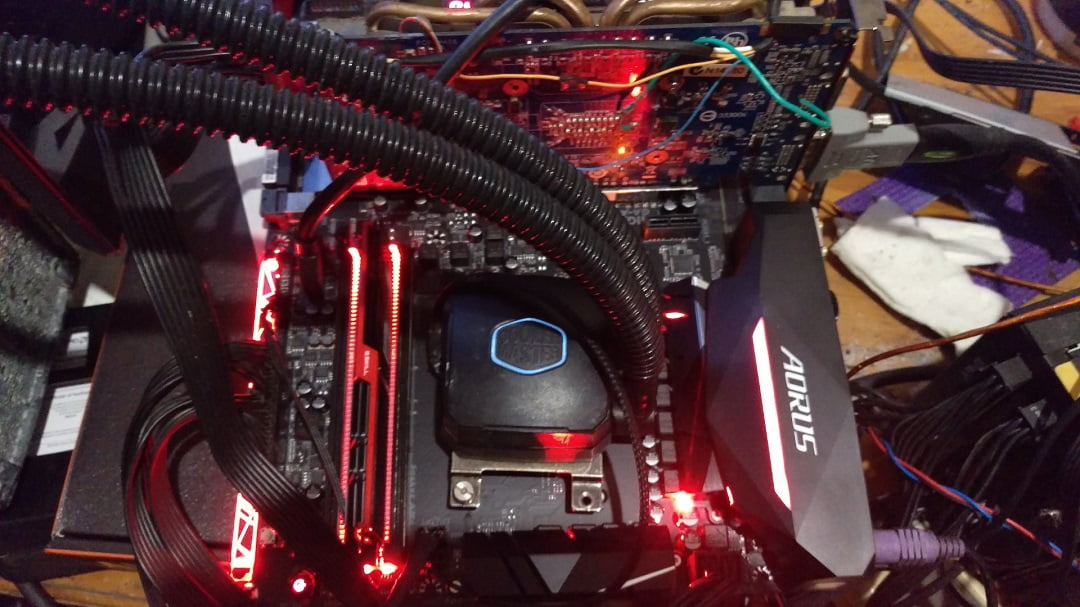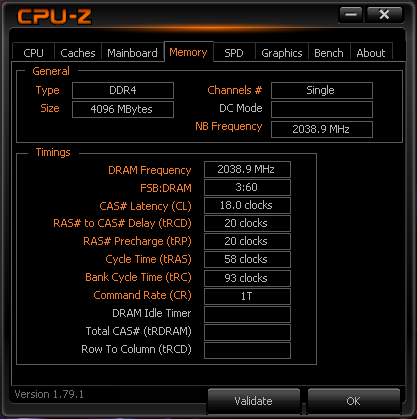Overclocker breaks AMD Ryzen DDR4-4000 Speed Barrier using Ryzen 5 1400

One of the main issues that worked to undermine AMD Ryzen CPUs at launch was RAM related. But, the chipmaker recently released new AGESA updates which enhance memory compatibility and overclocking. In fact, an overclocker just posted a frequency submission that breaks the Ryzen DDR4-4000 barrier.
For those who don’t know, AGESA is an acronym for “AMD Generic Encapsulated Software Architecture,” and it is defined as a “nucleus” for the AM4 motherboard BIOSes for initializing x86-64 processors during boot time. The early AGESA versions which debuted with the launch of the AM4 platform lacked a lot of the core capabilities.
Up until now, the AM4 platform has been effectively limited to memory speeds of DDR4-3200. Of course, that excludes base block overclocking which is supported by relatively fewer motherboards.
DON’T MISS: AMD Ryzen 5 1600 dethrones Core i7-7700K to Lead Amazon’s Best Sellers List
Since then AMD has been hard at work trying to fix any bugs and enhance memory compatibility. With the recent Ryzen AGESA 1.0.0.6 firmware, the company added support for 20 new DDR4 memory kits, with memory frequencies expanded all the way up to DDR4-4000.
The new AGESA updates have also given motherboard makers the chance to create custom BIOSes that offer more control over memory timings thus allowing for higher frequencies. Today, an Aussie overclocker ‘newlife’ managed to break Ryzen DDR4-4000 speed barrier bringing it to 4079.2MHz. The DDR4 memory frequency posted is 2,039.6MHz.

The test bench was running the Ryzen 5 1400 quad-core chip down clocked to 800MHz. The motherboard used was a GIGABYTE AORUS AX370-Gaming K7 (F4 BIOS) featuring a single 8GB stick of G.SKILL Trident Z E-die memory (F4-3600C17-4GTZ) using 18-20-20-58-93-1 timings.
The newlife’s DDR4 frequency score is impressive considering this is the first-ever AMD memory score to go past 4000MHz. But the Team Red still has a long way to go to compete with Intel in terms of raw memory frequencies.